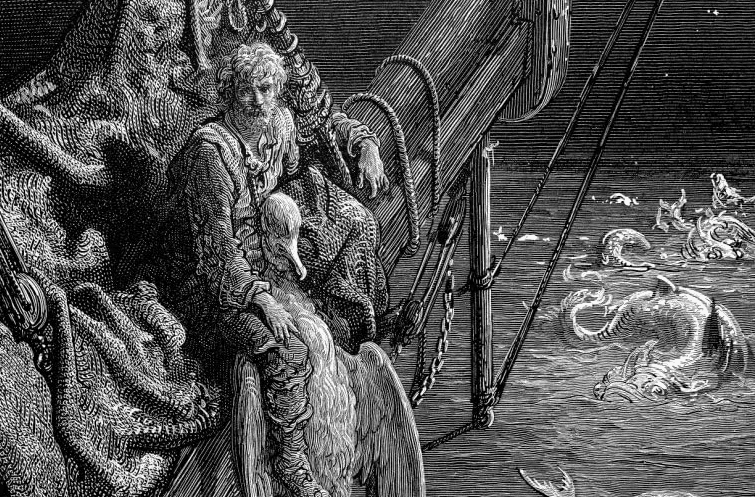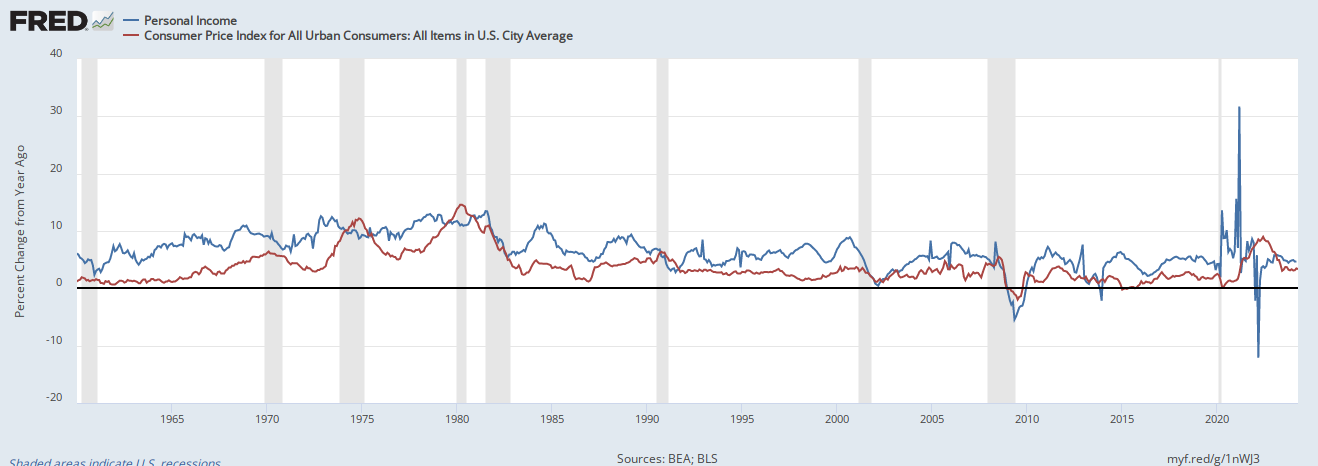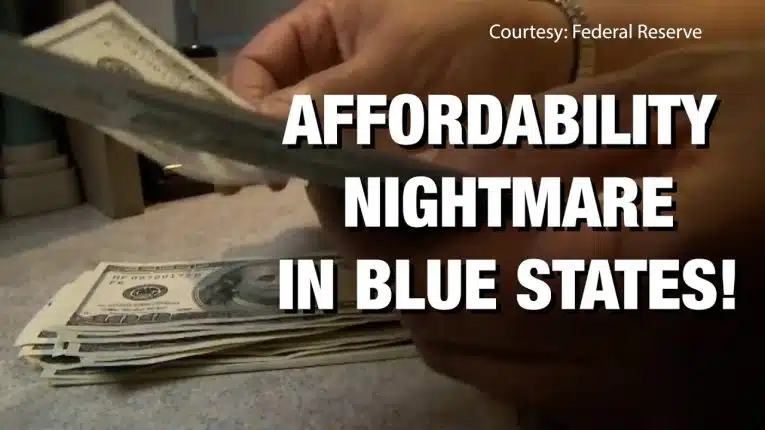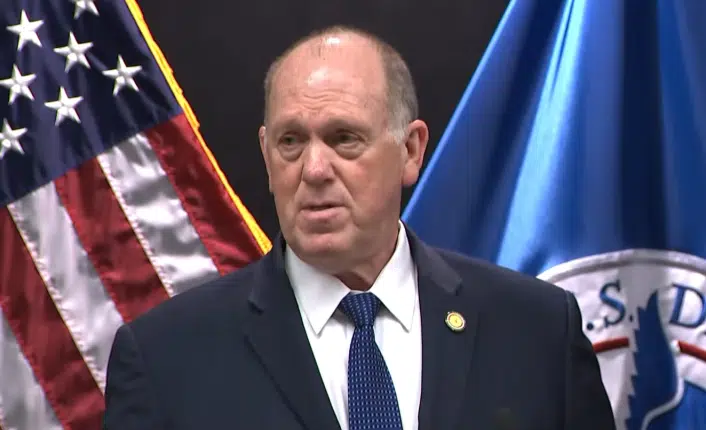
Panic mode is setting in for President Joe Biden and his struggling 2024 reelection bid as poll after poll shows Biden consistently trailing in swing states and nationally as albatross consumer inflation continues to outpace incomes for millions of Americans.
A nationwide Financial Times-Michigan Ross poll taken May 2 to May 6 found a whopping 58 percent of registered voters disapproved of Biden’s handling of the economy. Only 28 percent approved.
51 percent said they were financially “worse off” under Biden with only 17 percent saying they were “better off”. That’s simply awful.
This shows Biden is failing Ronald Reagan’s old challenge to the American people when he asked viewers in his debate with Jimmy Carter “Are you better off now than you were four years ago?”
But it’s not mere sentiment. Since Feb. 2021, consumer prices are up 18.5 percent, but personal income is still only up 17.6 percent, according to data compiled by the Bureau of Labor Statistics and the Bureau of Economic Analysis. Americans have not gotten ahead in the current economy.
And it shows in poll after poll taken. According to the latest Harvard-Harris national poll taken April 24 and April 25, only 42 percent of Americans approve of Biden’s handling of the economy and just 38 percent his handling of inflation.
It’s little wonder. Inflation has always been an albatross for incumbent presidents when they go back to the polls, particularly when it outpaces incomes for any considerable length of time. Just ask Gerald Ford, Jimmy Carter and George H.W. Bush.

Under Nixon and Ford, from Jan. 1973 to Jan. 1977, consumer prices grew a whopping 37.4 percent, but personal income kept pace, growing 44.8 percent. The problem was that from March 1974 to May 1975, inflation was outpacing incomes.
Under Carter, overall consumer prices increased 45.8 percent, and incomes were up 55.4 percent, but from Aug. 1979 to Oct. 1980, inflation was growing faster than incomes.
And under the first Bush, consumer prices increased 17.2 percent while incomes barely outpaced inflation growing at 21.4 percent. However, from Oct. 1990 to Sept. 1991, inflation was outpacing incomes.
The consistent outcome is that these were all one-term presidents. Meanwhile, when incomes slide faster than prices early in the terms of George W. Bush and Barack Obama — this tends to happen during recessions — resulted in reelections as those recessions were over by the time the American people went to vote in 2004 and 2012, respectively.
Meaning, even though the overall economy has a natural way of working itself out when inflation outpaces incomes — the economy tends to overheat and slow down and/or go into recession as prices cool and eventually incomes catch up — incumbent presidents in the past 50 years have paid the price at the polls when the disparity between inflation and incomes persists for any significant length of time, as it has under Biden.
The fact is, the American people are not better off than they were four years ago — and they know it.
Robert Romano is the Vice President of Public Policy at Americans for Limited Government Foundation.






